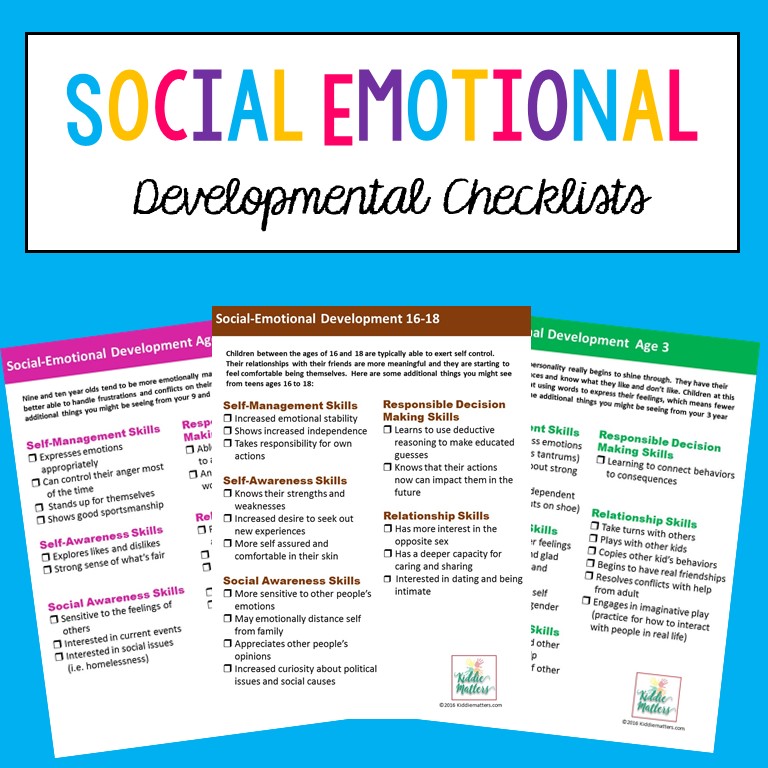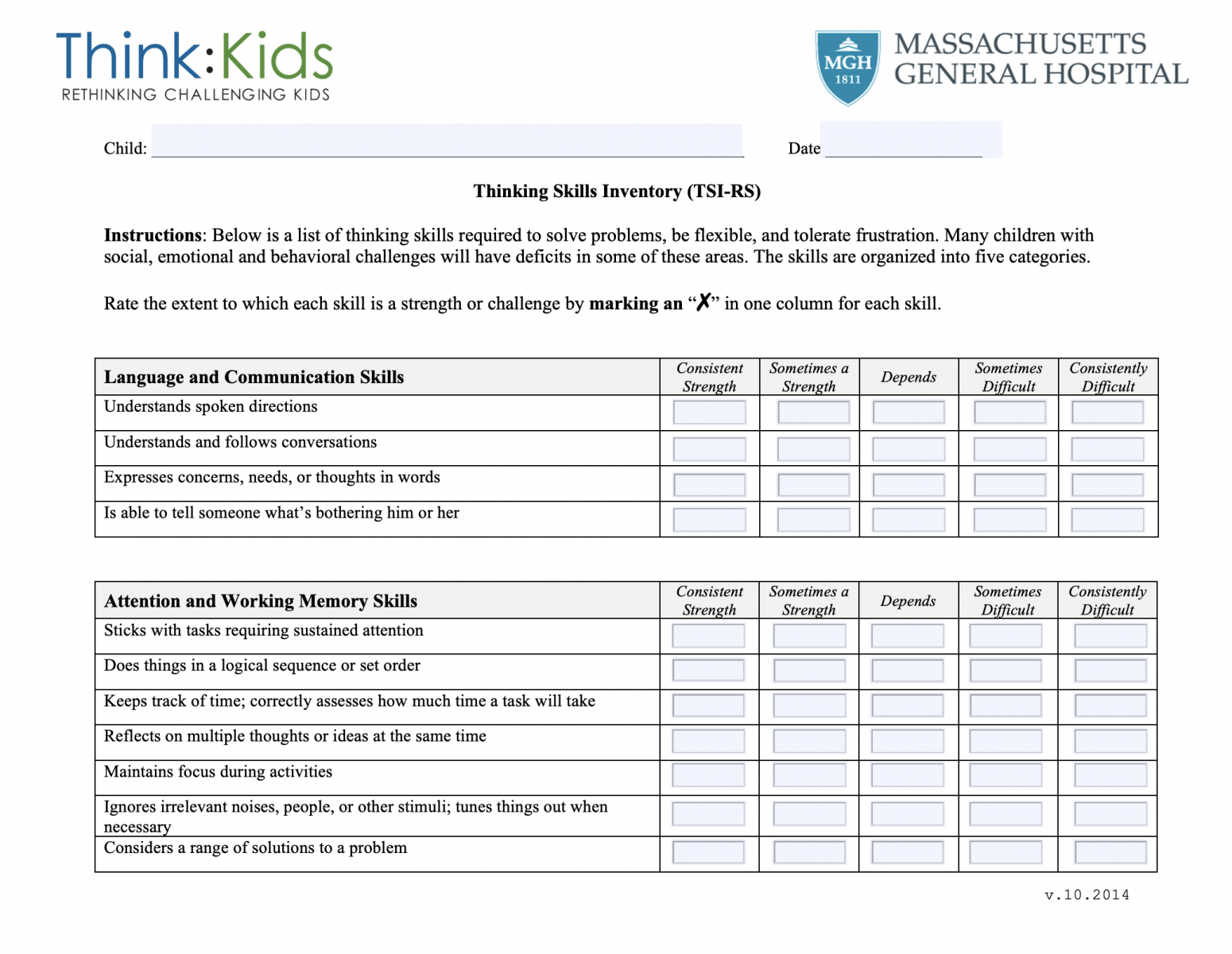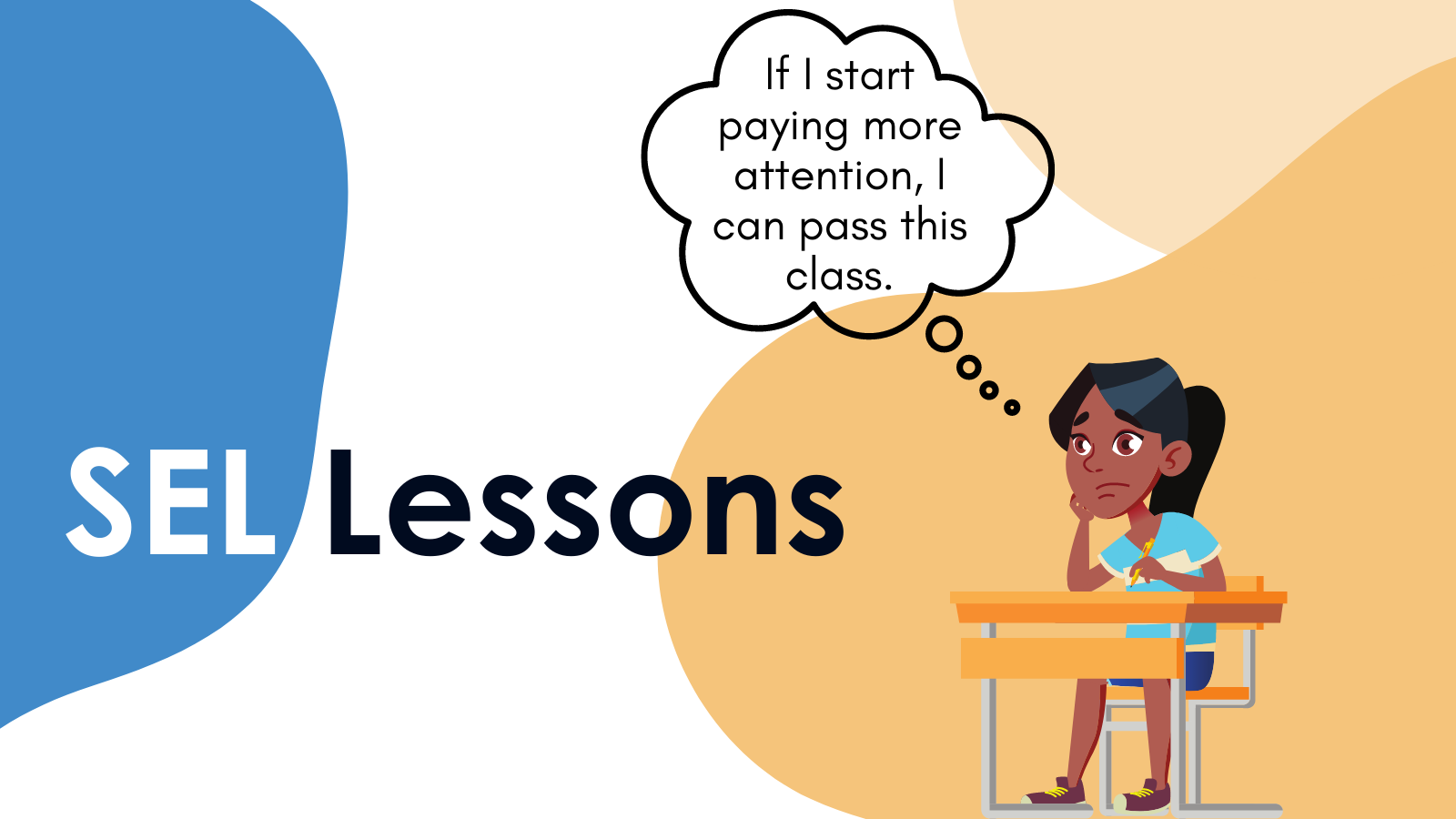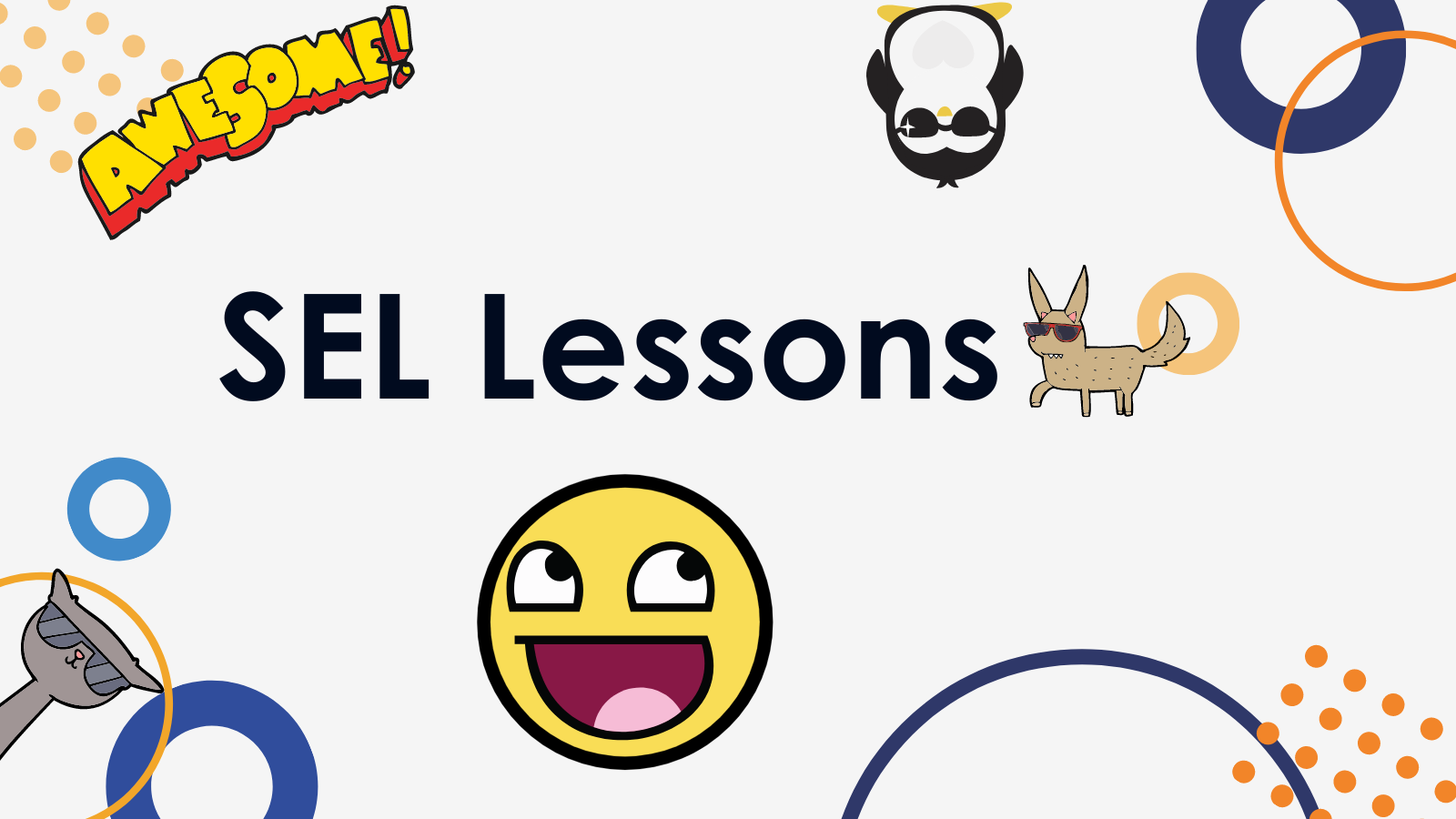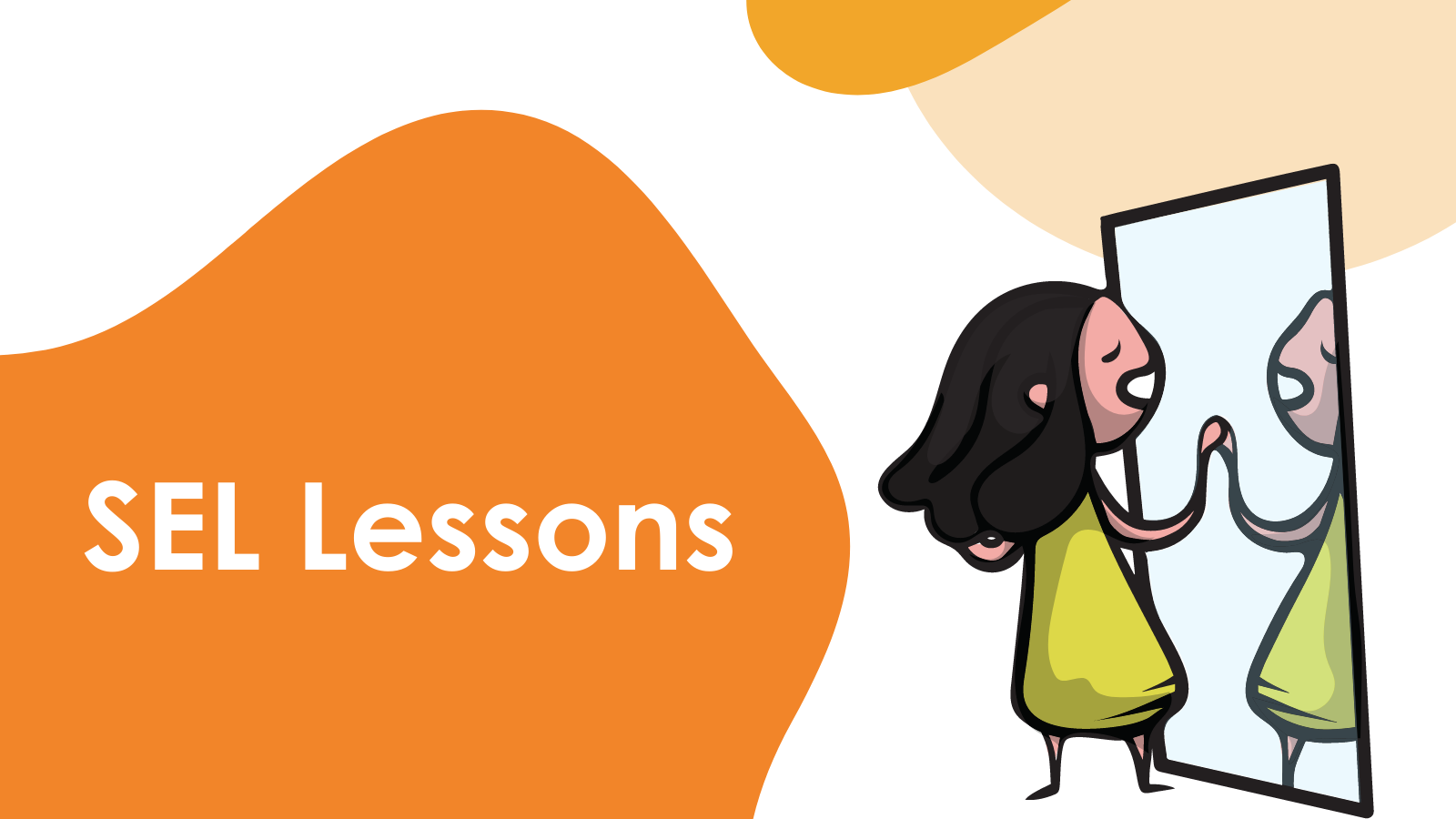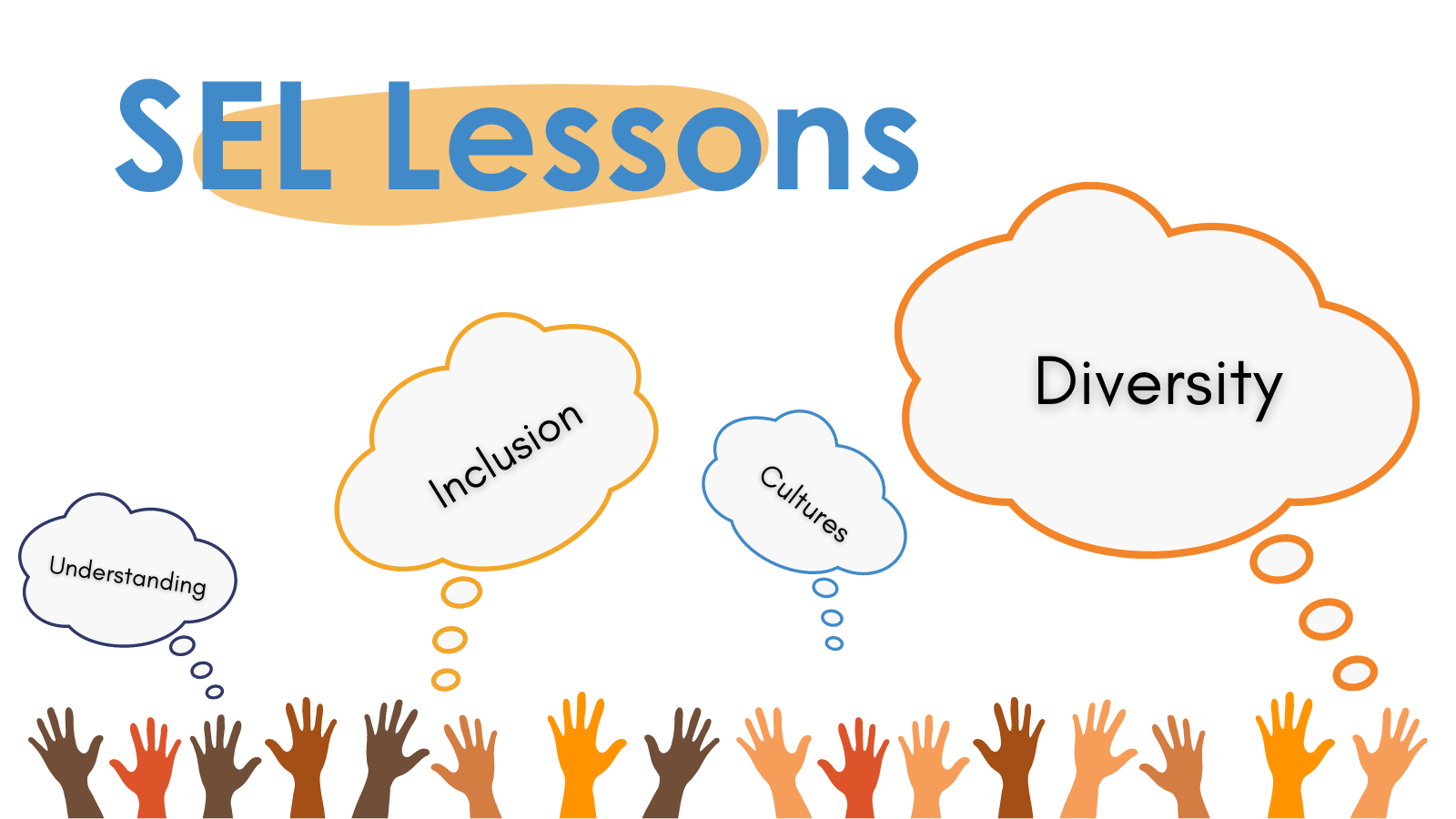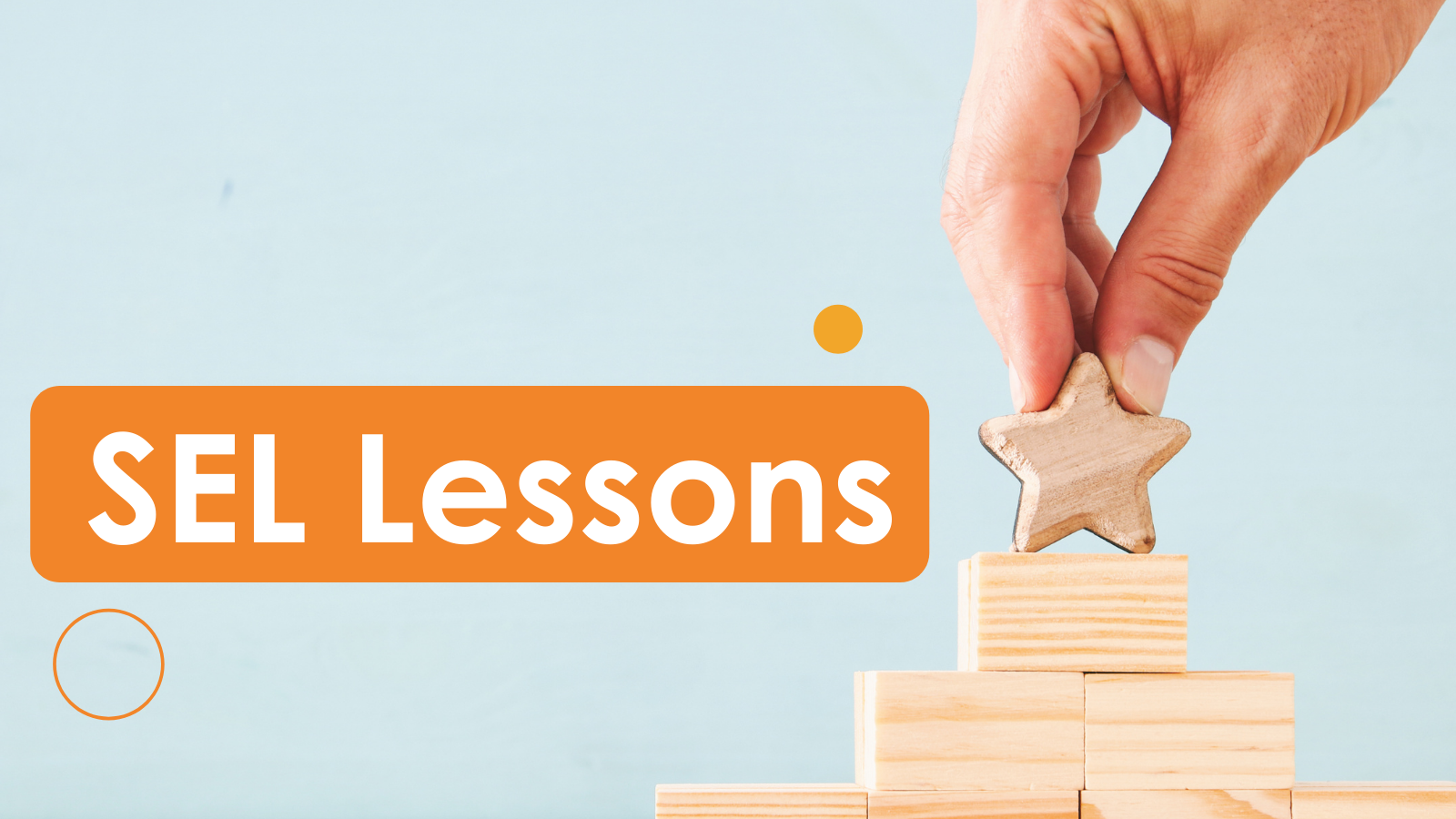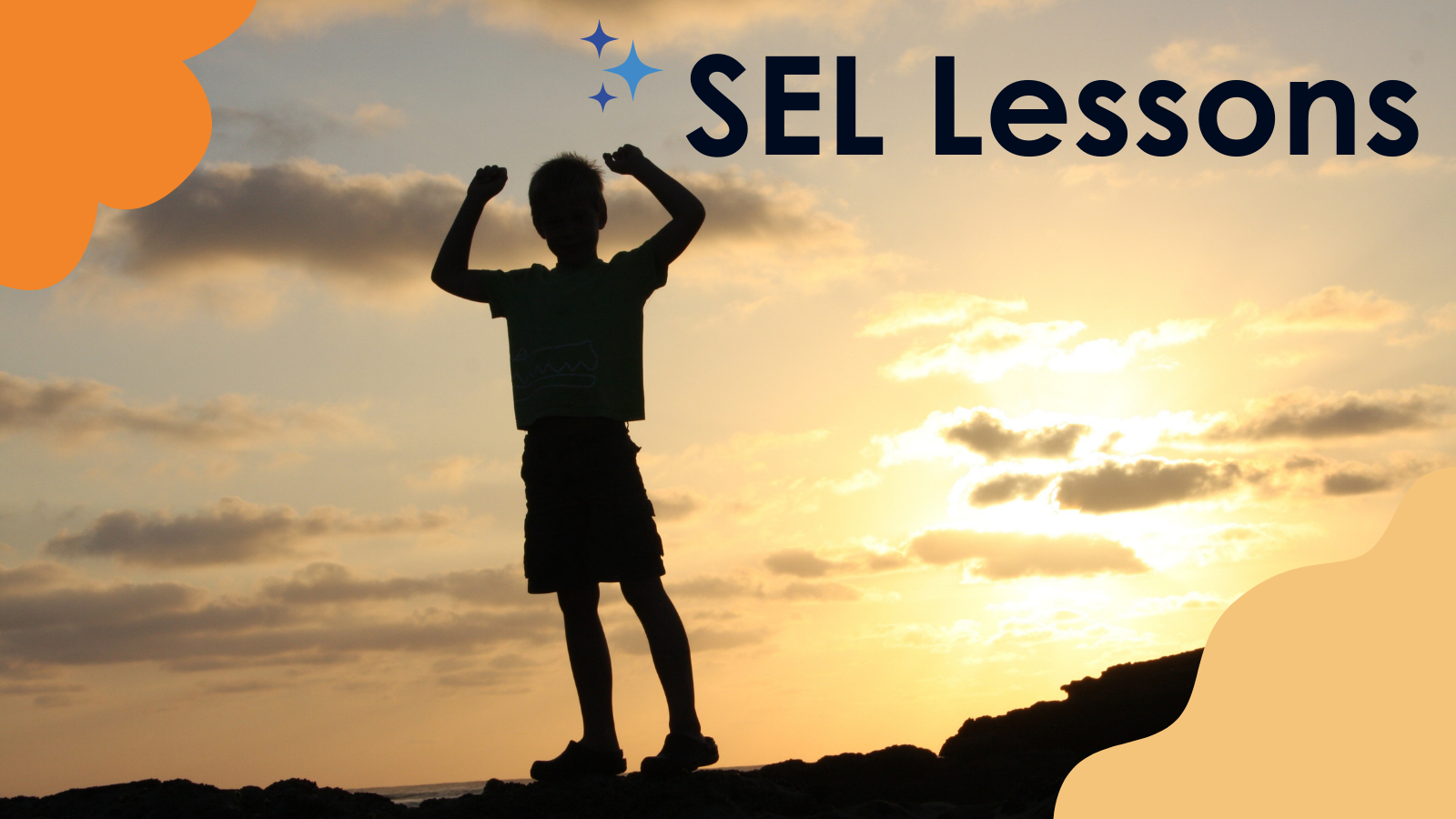Rigorous Skill Development & Social and Emotional Learning (SEL)
Tips from our C5 Intervention Program & C5 Summer Institute
Through research, practice, and consultations, Collaborative Learning Solutions has identified a core set of 5 components in our C5 (Core 5) Intervention Program that are of extreme importance when providing programming for students with intensive social, emotional, and behavioral needs. Rigorous Skill Development is our second component of Core 5 and we will be discussing it in conjunction with social and emotional learning (SEL).

CASEL has an SEL framework, known to many as the “CASEL wheel,” which helps cultivate skills and environments that advance students’ learning and development. It identifies five SEL competencies, which are:
- Self-Awareness
- Self-Management
- Social Awareness
- Relationship Skills
- And Responsible Decision-Making
Schools, districts, states, and others can use CASEL’s Framework to foster knowledge, skills, and attitudes across five areas of social and emotional competence and establish equitable learning environments and coordinate practices across four key settings that support students’ social, emotional, and academic development.
Our tip for educators is to develop an SEL teaching calendar to help students with embracing these competencies. One way to develop a teaching calendar is to take the five competencies and the skills within each and teach those skills over a period of time. We have provided an example is really simple and as you can see covers every identified SEL skill over one semester. You can see it lists the CASEL Competency covered, the specific SEL skills tied to it, and dates and weeks to cover the topics with your class. Each of the skills could easily be worked on for one, two, or more weeks at a time, depending on the needs of the students.
Now, that’s one way to teach SEL skills that keeps it simple, but if you want to be more targeted with your specific classroom then we would suggest using some sort of screening tool. We recommend referencing this SEL developmental tool located at kiddiematters.com. There is a developmental checklist for ages 3-18 years old. These checklists were developed using CASEL’s core competencies by a licensed social worker that you can read more about if you choose to visit the website.
We would recommend using something similar to this for each student in your class and looking for trends amongst all of your students. Anyone that knows the student well enough could simply check off the SEL skills they believe are present or not. From there you could develop your targeted SEL calendar for the school year.
Another screening tool is this developed by Thinkkids and Massachusetts General Hospital. It contains social thinking skills amongst other thinking skills. Again, you would look for trends amongst all of your students and target those SEL skills needed by the largest group of students in your class.
Lastly, here is a calendar from one school site that decided to use both CASEL’s SEL skills and the TSI. They found crossover in skills amongst both tools and developed their targeted lessons accordingly.
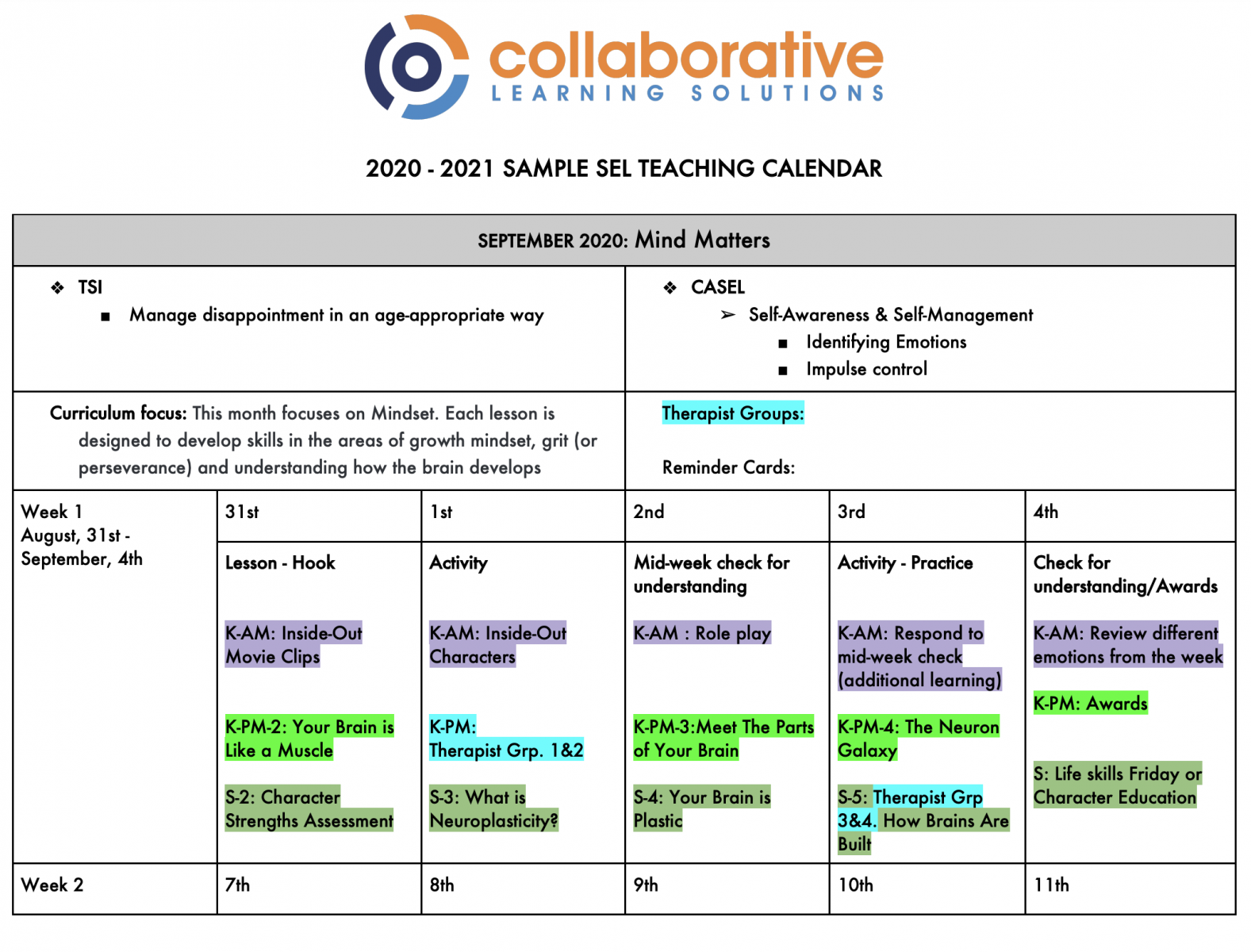 If you need free SEL lesson ideas please view our library of SEL Lessons!
If you need free SEL lesson ideas please view our library of SEL Lessons!
Now it's time to talk about the arch-nemesis to social and emotional learning. For those that believe SEL skills are weak, soft, delicate, or just a bunch of fluff there is plenty of research to show this is just not true. More research is supporting just how important our social skills really are. Along with that, there has been an increasing debate between IQ and EQ and which has a greater impact on future success. The research is clear that both are very important and some studies report that 50% of students enrolled in SEL programs show an increase in achievement scores and almost 40% improved their grade point averages.
As you go about your daily practice, please remember to focus on social emotional learning skills, consider developing a teaching calendar, and be on the lookout for those that say SEL is just a bunch of fluff!


 Blog Image.png)
